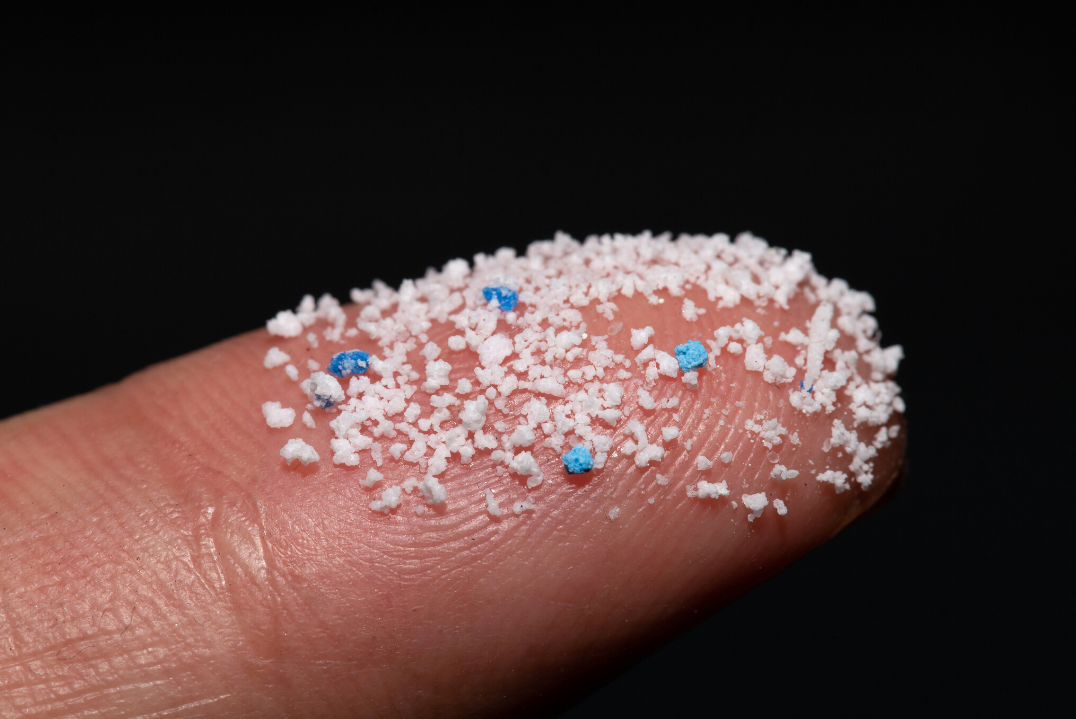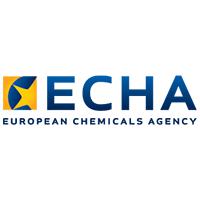Microplastics are very small solid particles (usually less than 5 mm) composed of mixtures of polymers (the primary components of plastics) and functional additives. They may also contain residual impurities at the time of manufacture. They can be formed involuntarily by wearing out larger pieces of plastic, such as synthetic textiles. They can also be deliberately manufactured and added to products for a specific purpose, for example, as exfoliating particles in facial or body scrub creams.

Microplastics are authorized and regulated for medicines for human and veterinary use.
These tiny pieces of plastic are so small that they usually are not picked up by any water filtration services and end up making their way to our rivers and oceans where they not only pollute the waters but also harm our marine life. Plastic does not biodegrade, meaning it will remain in those waters indefinitely. The plastic may be broken down into smaller and smaller pieces but it will never completely disappear.

Since January 2018, the European Chemicals Agency, or ECHA, has examined the need for an EU-level restriction on the marketing and use of microplastic particles due to the negative impact they have on our environment. They've done this through a broad call for data and information, a seminar with interested parties held in May 2018 to discuss key issues related to the restriction, and by conducting other studies and evaluating the information they received. In January 2019, ECHA proposed a wide-ranging restriction on the deliberate uses of microplastics in products marketed in the EU / EEA to avoid or reduce their impact on the environment. It is estimated that the proposal will reduce emissions by at least 85% and prevent the release of 400,000 tons of microplastics by the year 2039.
Once the Committee's opinions have been formulated, ECHA will send them to the European Commission. The Commission will consider the opinions of the Committee and determine whether or not the conditions for the restriction have been met. Next, it will prepare a proposal to amend Annex XVII of REACH (Registration, Evaluation, Authorization and Restriction of Chemicals), which member states may vote on in the REACH Committee. The vote will be followed by a period of scrutiny by the European Parliament and the Council before the restriction measure can be taken, but the popular opinion is that the proposed restriction measure will be acknowledged within a grace period.
--